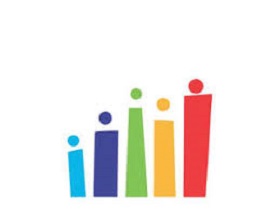Analytics, Estonia, EU – Baltic States
International Internet Magazine. Baltic States news & analytics
Friday, 19.04.2024, 12:13
Eurobarometer: Benefits offered by EU valued highly by Estonians
 Print version
Print version |
|---|
Altogether 94% of Estonian respondents support the free movement of EU citizens who can live, work, study and do business anywhere in the EU, which is the second highest indicator in the EU after Latvia. In the EU, on average, 83% of respondents were in favor of the free movement of EU citizens, it appears from data published on Thursday.
Support for the euro stood at 85 % among the citizens of Estonia, which is the third strongest result in the EU after Slovenia and Luxembourg. An average of 62 % of EU citizens supported a European economic and monetary union with one single currency, the euro. However, 9% of Estonian respondents were against a European economic and monetary union with one single currency and 6% had no opinion on the matter.
The Estonian indicator was also higher than the EU average
when it came to the question whether the citizens feel like citizens of the
European Union. In Estonia, altogether 81% of respondents said they felt like
EU citizens, which is the eighth strongest result in the EU as a whole. The EU
average stood at 71%, with respondents of Luxembourg, Germany and Ireland
feeling the most like EU citizens -- 89%, 86% and 85%, respectively. Residents
of Bulgaria and Greece felt the least like citizens of the European Union -- 51%
and 52%, respectively.
Commissioned by Eurobarometer, the survey was carried out by
pollster Kantar in all EU member
states from Nov. 8 to 22, during which approximately 1,000 voting-age citizens
were interviewed in each member state. In Estonia, the survey was carried out
by Kantar Emor, which interviewed
1,009 people 15 years old and older who were able to understand and respond to
the questions asked in Estonian.








 «The Baltic Course» Is Sold and Stays in Business!
«The Baltic Course» Is Sold and Stays in Business!

